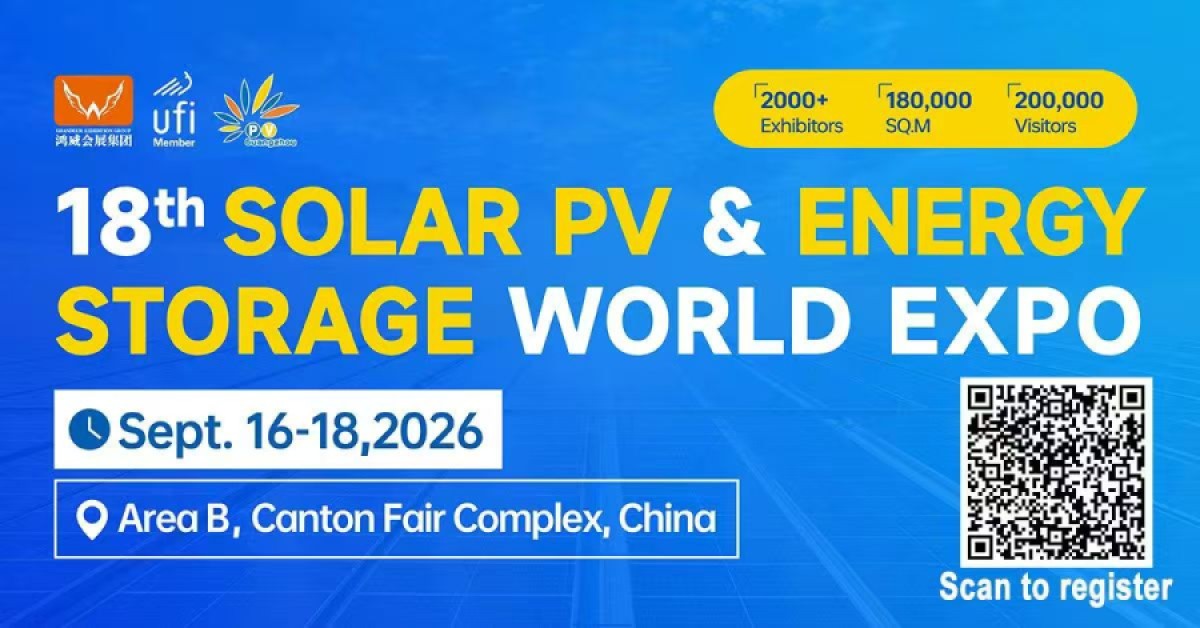Former Minister for Science and Technology Er. Ganesh Shah, on the occasion, said that the governments and private sector should intend to support academia, experts and professionals in research and development which produce better technologies for the country's economic upliftment. Energy is one vital tool of industrialisation and industrialisation creates employment opportunities, he mentioned. Renewable energy technologies should have been a priority while the technologies should be useful to household affairs and agricultural activities as well, he added.
On the occasion Prof. Dr. Ramesh Kumar Maskey, Prof. Dr. Krishna Raj Shrestha, Dr. Indira Shakya, Senior vice president of Federation of Nepal Cottage and Small Industries Umesh Prasad Singh, Finance expert Mr. Surya Prakash Hada mentioned that the research work should be useful to contribute to national economy and an institution like RECON should be actively engaged in bridging the academia, researchers and experts private sector and entrepreneurs to provide the best of technologies suitable to the need of the country and the users.
Prof. Dr. Adhikari, on the occasion, said that existing gap between academia and private sector will be bridged with RECON initiatives. This will create more opportunities to the stakeholders engaged in promotion and development of renewable energy technologies in the country. The government agencies, development agencies, donors, INGOs, NGOs, educational entities also will be equally benefitted from the research, development and innovations that the academia has been engaged.
The importance of application oriented and market oriented basic research in renewable sector has more deepened in the post federal structure of Nepal. RECON realises that it will be able to create an environment for coming up with cheaper yet sustainable energy systems by promoting research and development in Nepal working with many universities and research centres. It fully understands the fact that policy formulation through research in economic energy efficiency is necessary. Promotion of research in the field of renewable energy is an important aspect of energy research policy. Research and development are tools for achieving progress in innovation and supplies. RECON believes that innovation is possible through research on prudent energy usage and consumption. Research in science and technology as well as social sciences help to identify the energy barriers and are useful in strategising the roadmap of sustainable development. The confederation has been working on finding out the best of technologies, practices and performing methodologies that well suits for implementation in our country. It has also been working on creating a conducive environment for energy service providers of Nepal. As such, RECON is signing MoU with Research Centre for Applied Science and Technology (RECAST), an institution established since 1977 A.D. which contributes to scientific and local communities through utilisation of natural resources by research and development in Nepal.
RECON is a common forum of associations of private sector involved in supply and delivery of alternative energy systems and services and NGOs involved in promotion of alternative energy in Nepal. It works as an umbrella organization of eight associations of private sector and is committed to lobby and advocacy for enabling environment to safeguard the rights and wellbeing of professionals and practitioners as well as energy service providers involved in renewable energy value chain.
The confederation has been working as a consortium partner of “Green and Inclusive Energy Programme (Nepal Project)” in Nepal, funded by the Dutch Ministry of Foreign Affairs and organised by ENERGIA and Hivos. This project is being implemented in eight countries in Africa, Central America and Asia. RECON works coordinating private sector organisations dedicated to renewable energy promotion and development in Nepal to execute GIE objectives which are designed, implemented and operated using transparent and participatory decision making processes that include citizens (women and men) meeting energy needs to carry out economic activities, education and health while reducing climate change.
The Green and Inclusive Energy (GIE) programme, aims to strengthen the lobby and advocacy capacity of Civil Society Organisations (CSOs) in low and lower middle income countries. ENERGIA and IIED are implementing partners of the GIE programme. In Nepal, CRT/N works as a lead organization that will implement the programme with policy support from the Alternative Energy Promotion Centre (AEPC), and in partnership with Indoor Air Pollution and Health Forum (IAPHF), Nepal Forum of Environmental Journalists (NEFEJ), Renewable Energy Confederation of Nepal (RECON) and National Association of Community Electricity Users Nepal (NACEUN). For achieving the set goals the program will work together with the local government and local civil society organizations in developing countries.
The programme was organised as a part of Green and Inclusive Energy (GIE) programme co-working with private sector.




